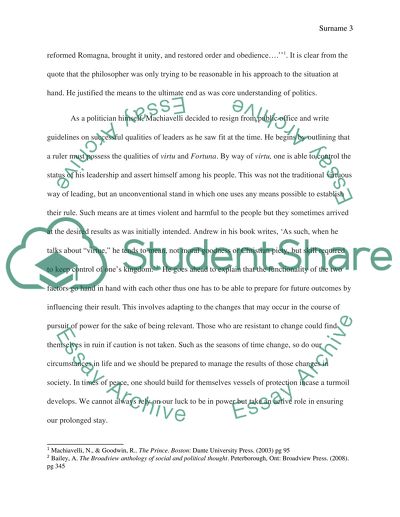Cite this document
(“Virtues a successful ruler has according to Machiavelli Essay”, n.d.)
Virtues a successful ruler has according to Machiavelli Essay. Retrieved from https://studentshare.org/philosophy/1449835-what-virtues-according-to-machiavelli-must-a
Virtues a successful ruler has according to Machiavelli Essay. Retrieved from https://studentshare.org/philosophy/1449835-what-virtues-according-to-machiavelli-must-a
(Virtues a Successful Ruler Has According to Machiavelli Essay)
Virtues a Successful Ruler Has According to Machiavelli Essay. https://studentshare.org/philosophy/1449835-what-virtues-according-to-machiavelli-must-a.
Virtues a Successful Ruler Has According to Machiavelli Essay. https://studentshare.org/philosophy/1449835-what-virtues-according-to-machiavelli-must-a.
“Virtues a Successful Ruler Has According to Machiavelli Essay”, n.d. https://studentshare.org/philosophy/1449835-what-virtues-according-to-machiavelli-must-a.


